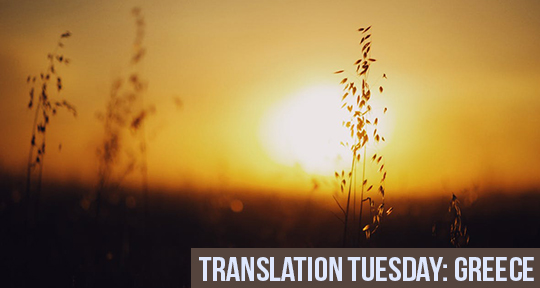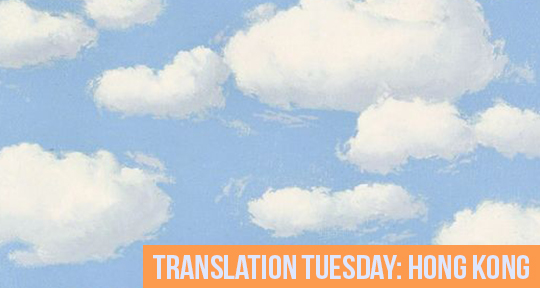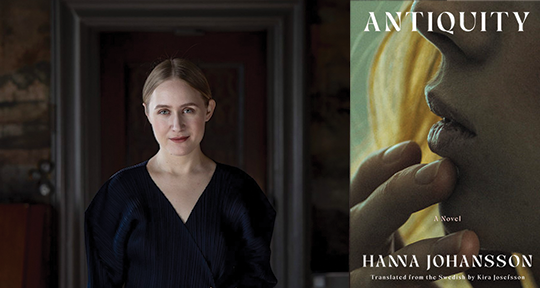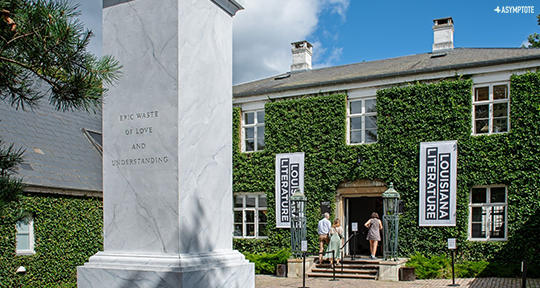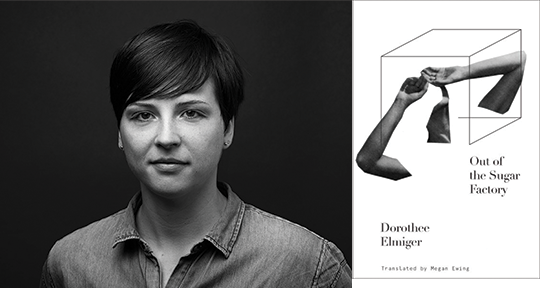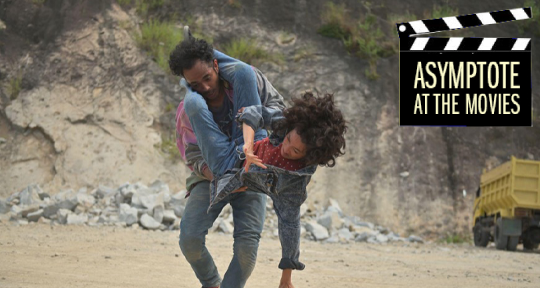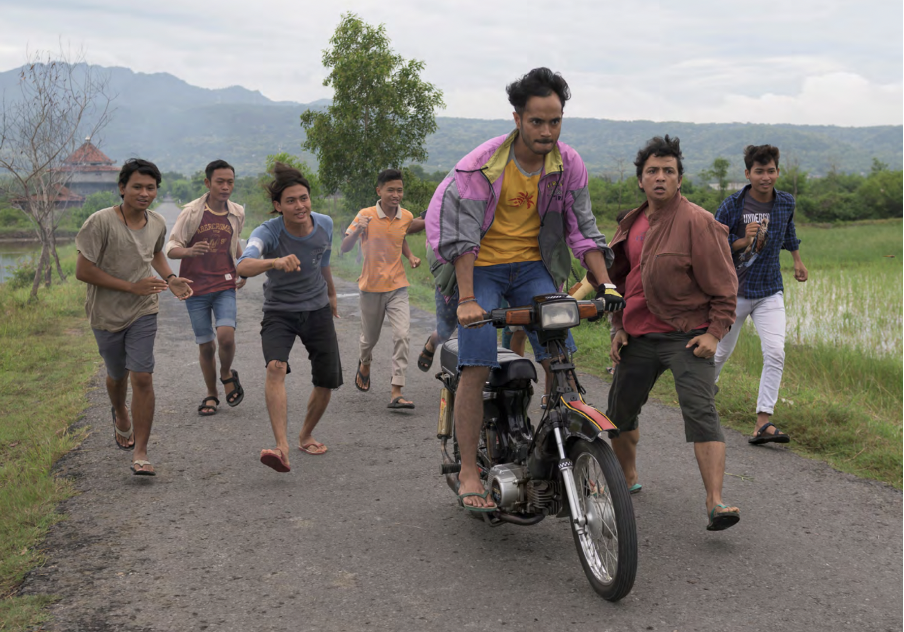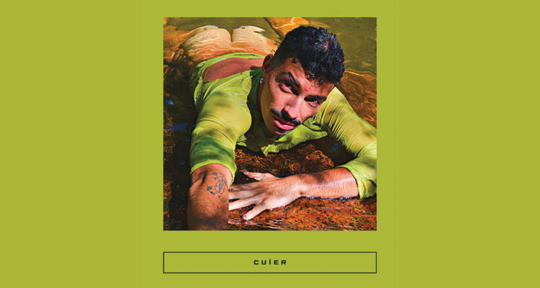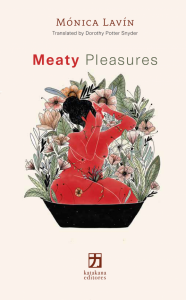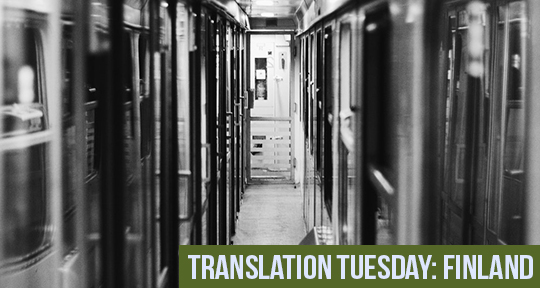Diving without abandon into the realms of sexual fantasy and desire, Corinne Hoex’s Gentlemen Callers is a series of vignettes that follows the erotic as it traverses into the pleasurable, the humorous, and the absurd. As our Book Club selection for the month of April, Laurel Taylor described Hoex’s text as “a truly astonishing outlier.” In the following interview, Taylor speaks to Hoex and her translator, Caitlin O’Neil, about the multi-layered operations of the epigraph, the difficult of translating wordplay and idioms, and writing with joy.
The Asymptote Book Club aspires to bring the best in translated fiction every month to readers around the world. You can sign up to receive next month’s selection on our website for as little as USD15 per book; once you’re a member, join our Facebook group for exclusive book club discussions and receive invitations to our members-only Zoom interviews with the author or the translator of each title.
Laurel Taylor (LT): The construction of Gentlemen Callers was really interesting—can you tell us a little bit about what your inspiration was for the novel?
Corinne Hoex (CH): Each time, it’s the situation—of the dreaming woman—that drives the inspiration. It always begins with the concrete, and from there on it’s a mixture of fantasy and reality; something comes from reality and introduces a rupture, an entry into dreams. Whenever the vignette was too realistic, or didn’t abandon reality through some kind of glitch or unexpected detour, I didn’t keep it.
There were texts with characters who were much too banal—a pizza delivery man, a doctor. . . There wasn’t that sparkle, that possible transformation, so I didn’t continue with those dreams. So even more than inspiration, it was an exercise in the material, in the writing process.
But a lot of the dreams, of course, correspond to anecdotes from my own life. For “The Astrologer,” for example, I had taken some astrology classes, and all of it—the books, the Ephemeris, all of those calculations—I found horrid, boring. I imagined this situation where she [the dreaming woman] is seated across from an astrologer, and this astrologer is trying to seduce her, but he’s tactless, he’s insufferable. He says: “My Mars is on your Venus,” and all that, but he isn’t pleasing her, so she waits and tries to find a way to escape. There have often been times in my life—at school, at conferences—when I would like to escape; in this fantasy, since we’re dealing with the stars, the comet comes in through the window and takes the woman away. It’s not the man who seduces the dreaming woman, but the comet.
Similarly, when the narrator’s with the geographer and he bores her, she sees a beautiful polar bear that’s much more pleasing to her. There are sometimes elements which are not human; everything is permitted in dreams.
LT: Caitlin, how did you first encounter this text? And what made you want to translate it?
Caitlin O’Neil (CO): This is my debut book-length translation, so it was very much my own choice of what text to pursue. When I started, I got some very good advice, which was: for your first translation, make sure that it is a work that you love wholeheartedly. Because you’re going to be working more closely with this text than you have ever worked with any text before in your life, and you are going to work very hard for this text as well. There may be rejections, and you need to love this text so much that you are willing to work through all the rejections that come your way. When I first started, I was coming from an academic background, so this was really a chance for me to dive deep into the world of Francophone literature, and hunt down a book that wasn’t known in the US yet. READ MORE…

